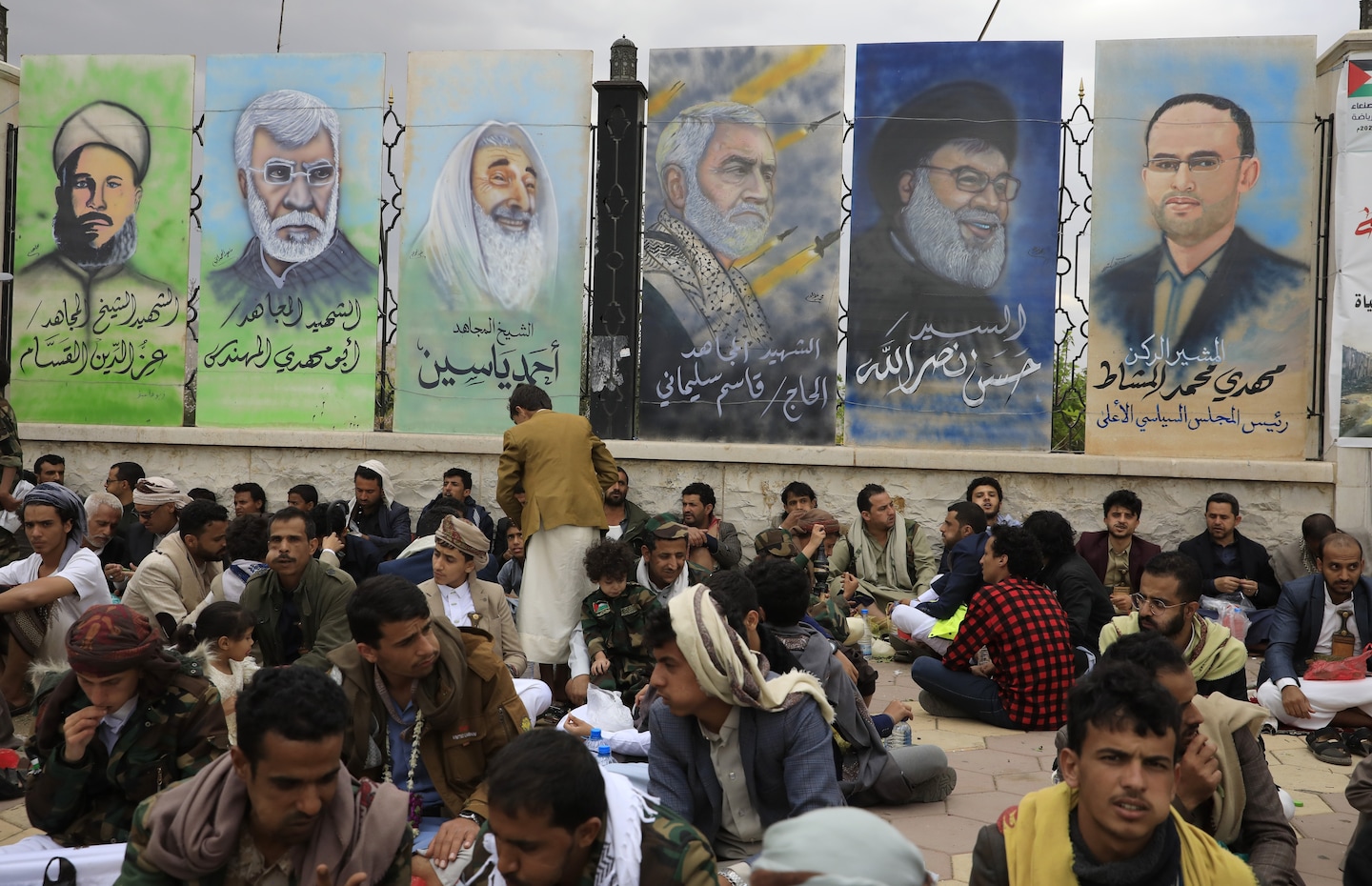Iran, motivated to disrupt U.S. and Israeli interests in the Middle East while avoiding direct confrontation, is privately urging restraint among Hezbollah and other armed groups, according to regional officials. Israel’s aggressive actions against Hamas in Gaza have intensified tensions between the United States and Iran’s proxy forces, presenting a significant challenge to Iran’s influence over these allied militias.
Following U.S. strikes on Iranian-backed groups in Yemen, Syria, and Iraq, Iran publicly warned of military readiness but privately advised caution, as revealed by Lebanese and Iraqi officials. This dual approach appears to have influenced the behavior of Iranian-backed militias, with a notable decrease in attacks against U.S. forces in Iraq and Syria, despite recent provocations.
The Biden administration has reciprocated cautiously, retaliating against Iranian proxies for attacks on U.S. forces without direct strikes on Iranian soil. Diplomatic efforts are underway to broker a cease-fire between Israel and Hamas in Gaza, with past pauses in conflict correlating with reduced attacks by Iranian-backed groups across the region.

Iran has intensified diplomatic outreach, dispatching military leaders and diplomats to meet with local officials and militia members, emphasizing the importance of preventing further escalation. Despite this, recent events have underscored the limits of Iran’s influence, as evidenced by Kataib Hezbollah’s reversal of a temporary suspension on attacks following U.S. strikes.
Since Hamas’s attack on Israeli communities near Gaza in October, Iranian-backed groups comprising the “axis of resistance” have been pivotal in advancing Iran’s regional influence. Despite being funded and trained by Iran, these groups operate independently, enabling Tehran to pursue its interests while mitigating direct responsibility for their actions.
The success of Iran’s strategy hinges on maintaining a delicate balance between supporting its proxies and preventing broader conflict that could jeopardize recent gains. However, the ongoing war in Gaza and continued provocations by groups like the Houthis in Yemen present ongoing challenges to this approach, raising concerns about the potential for further escalation in the region.






















